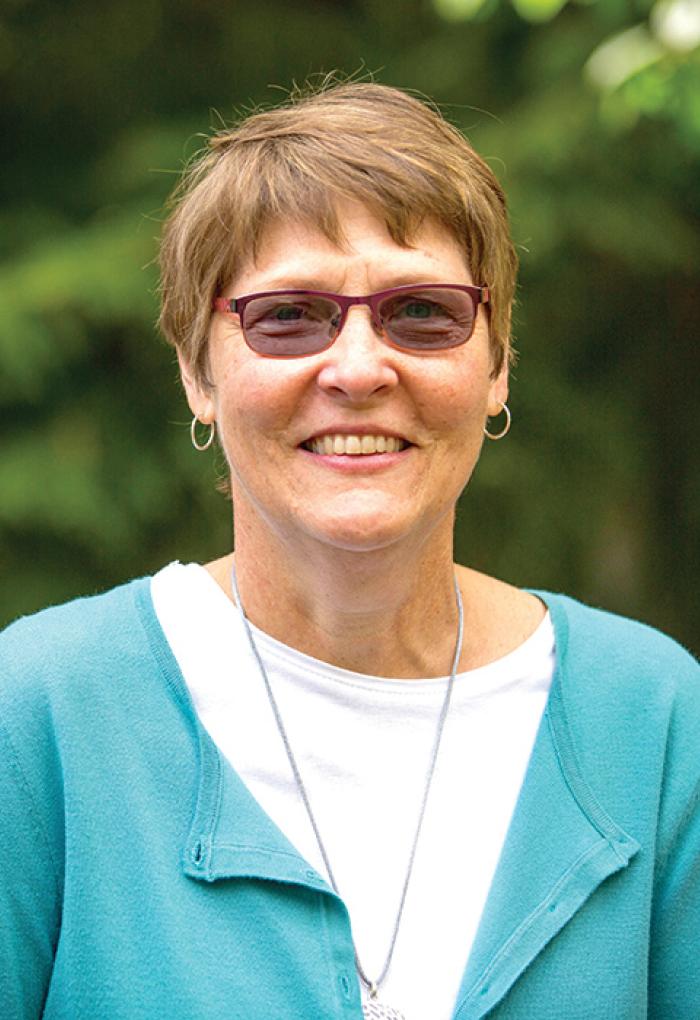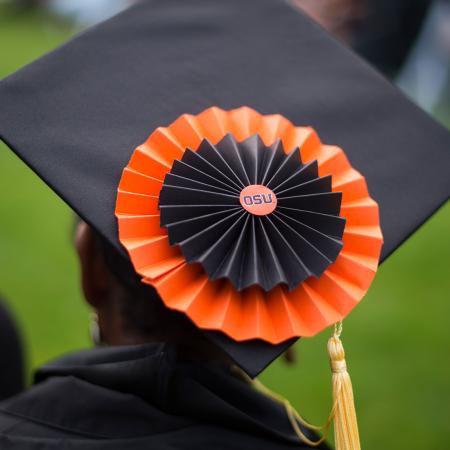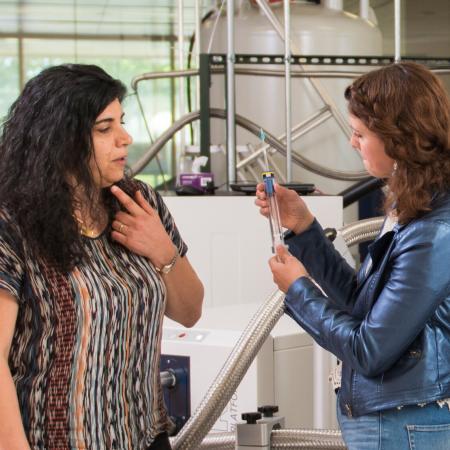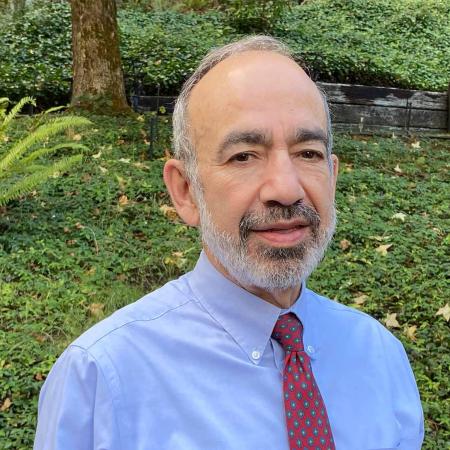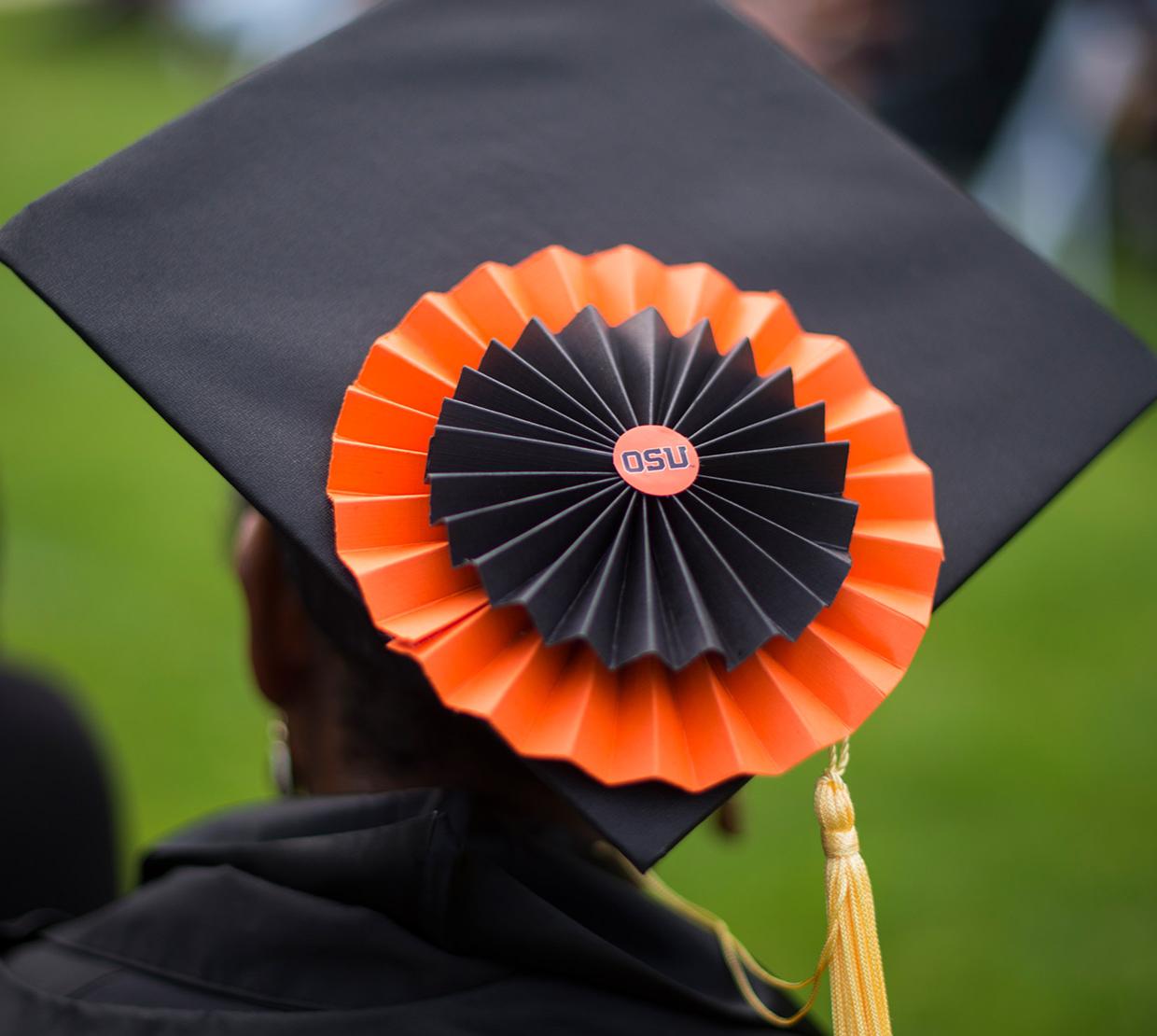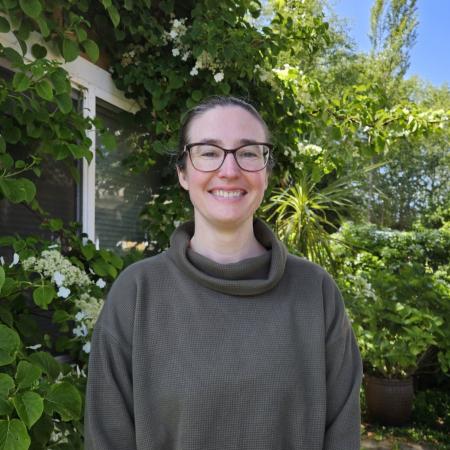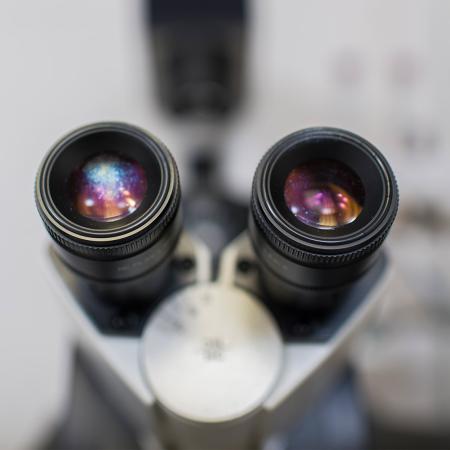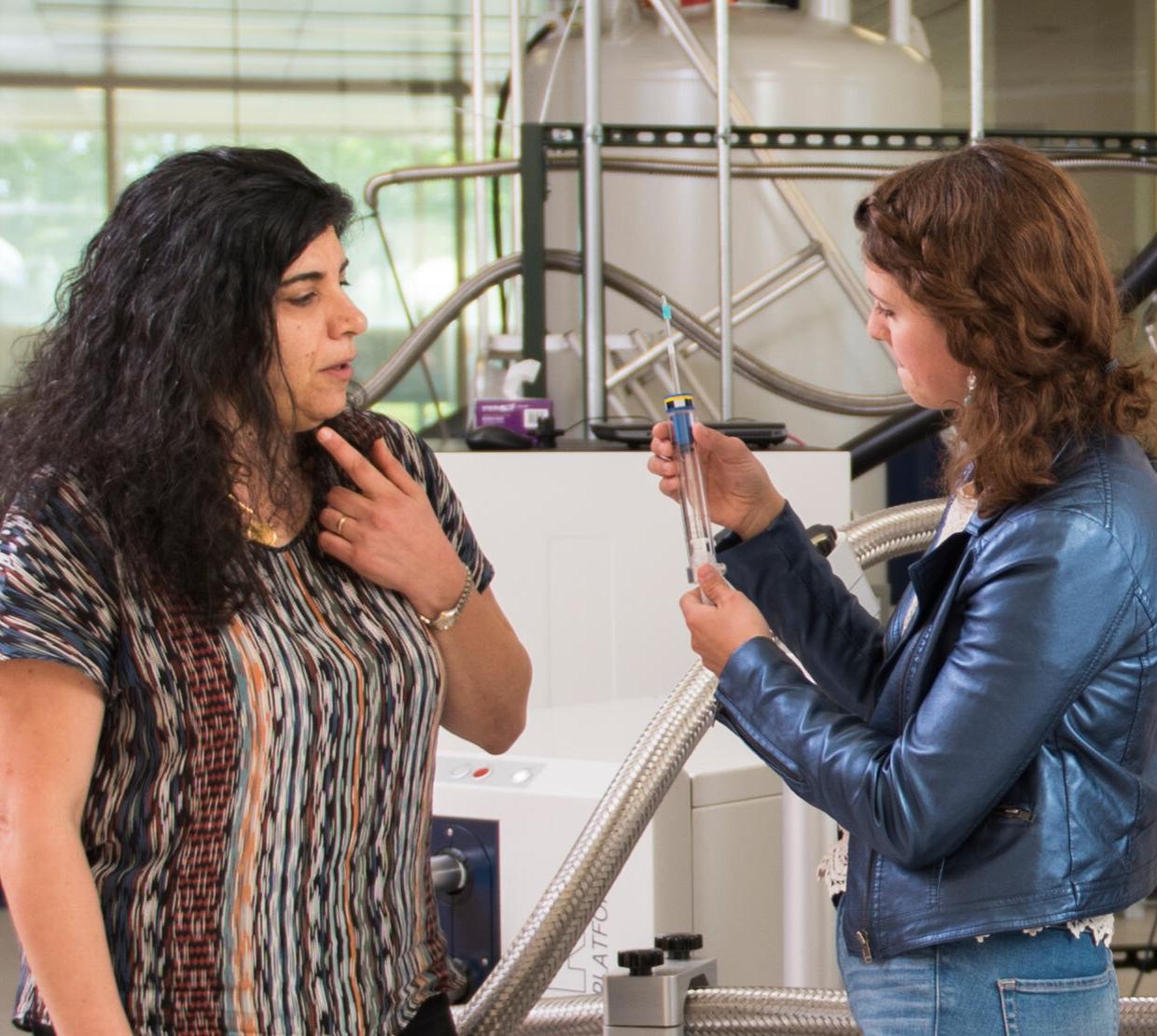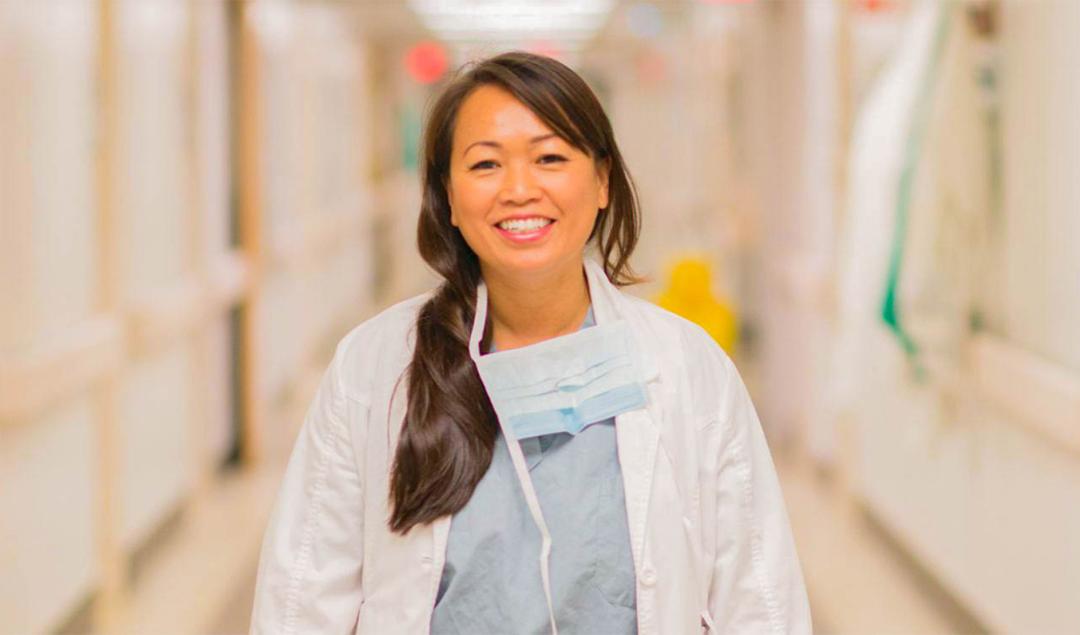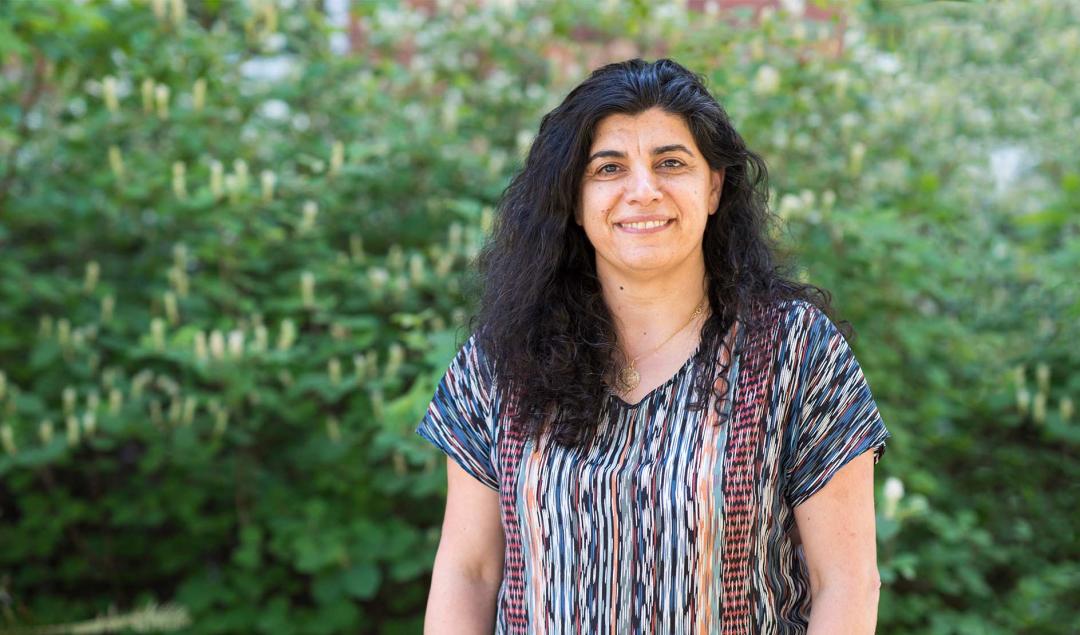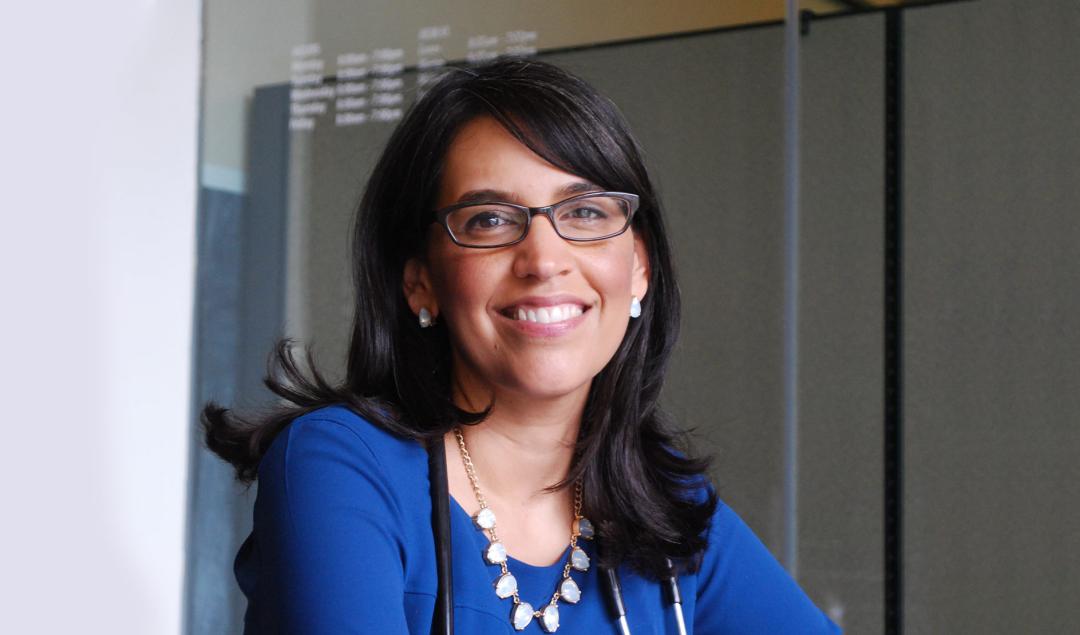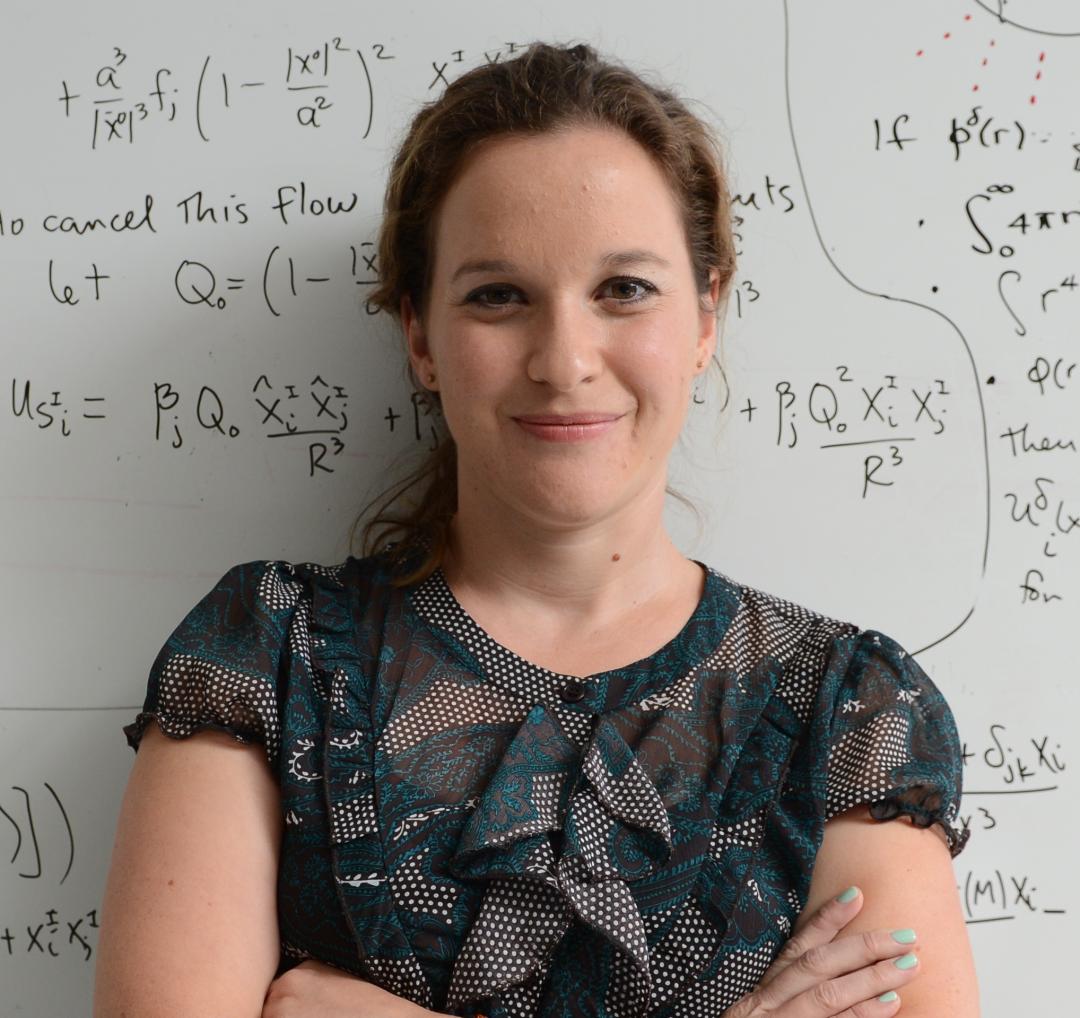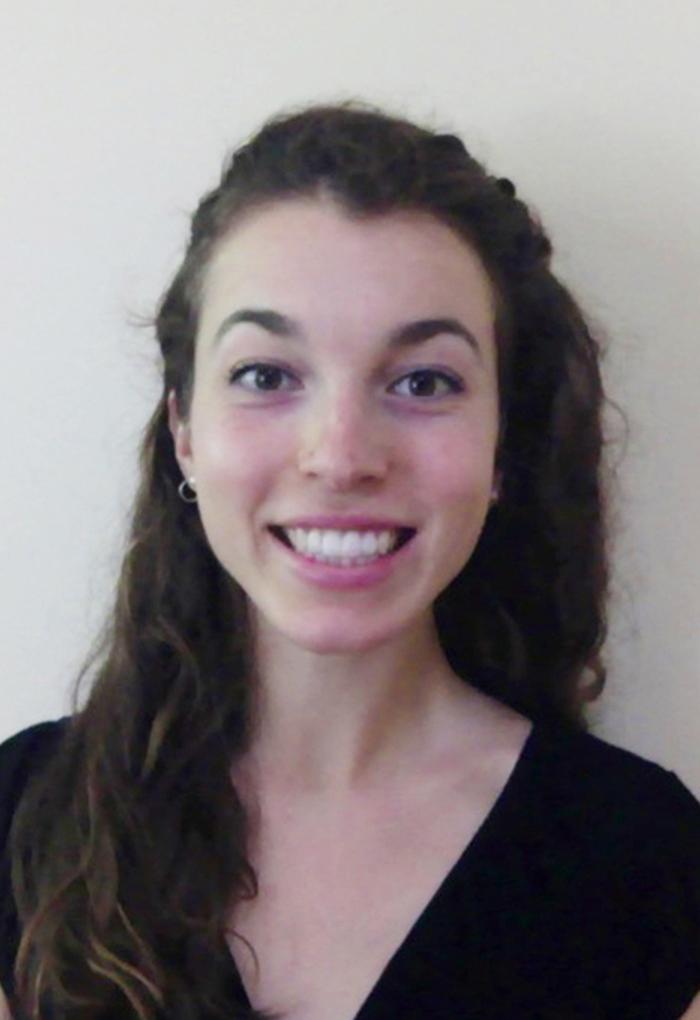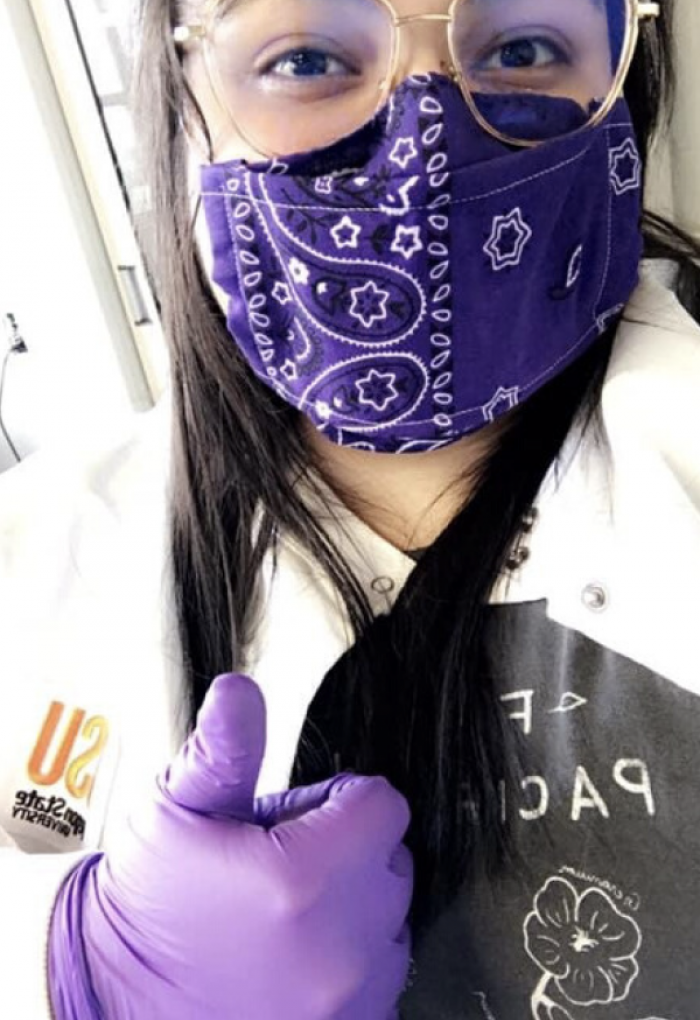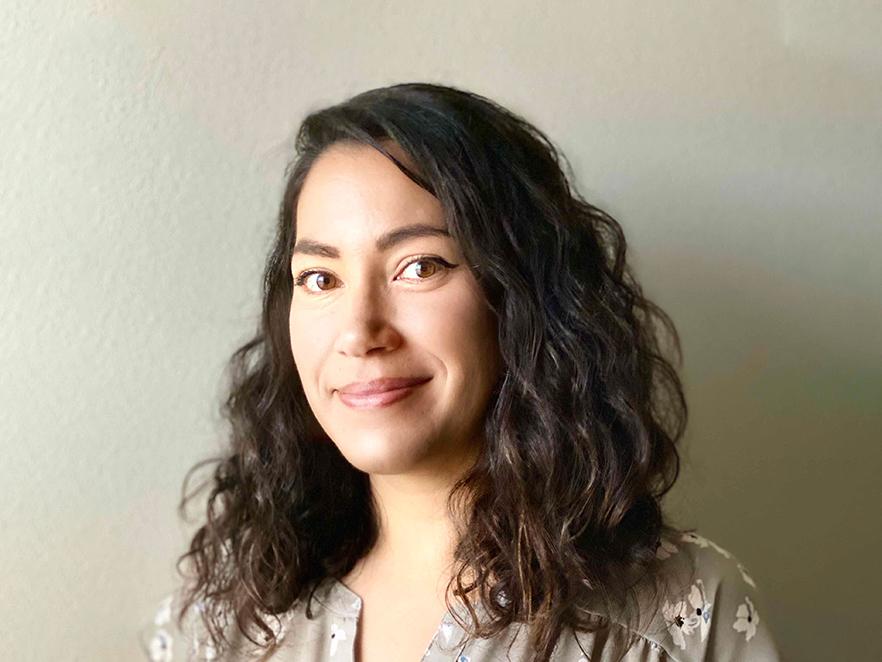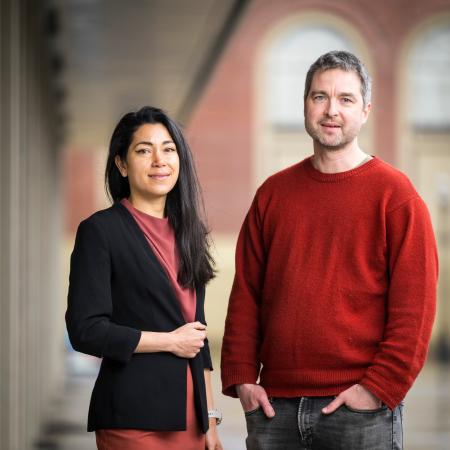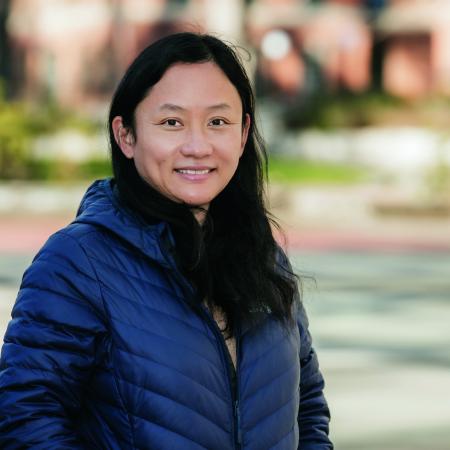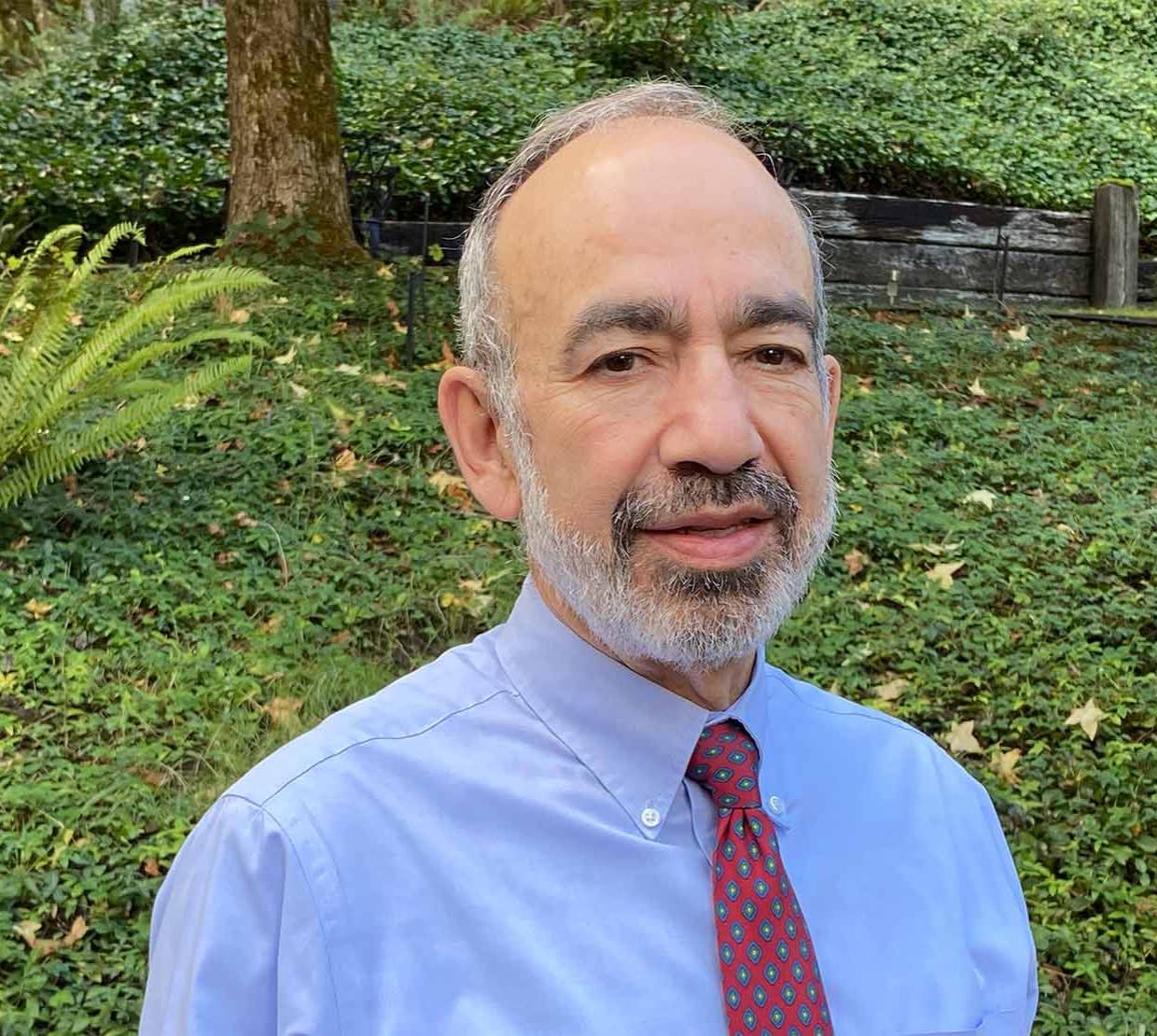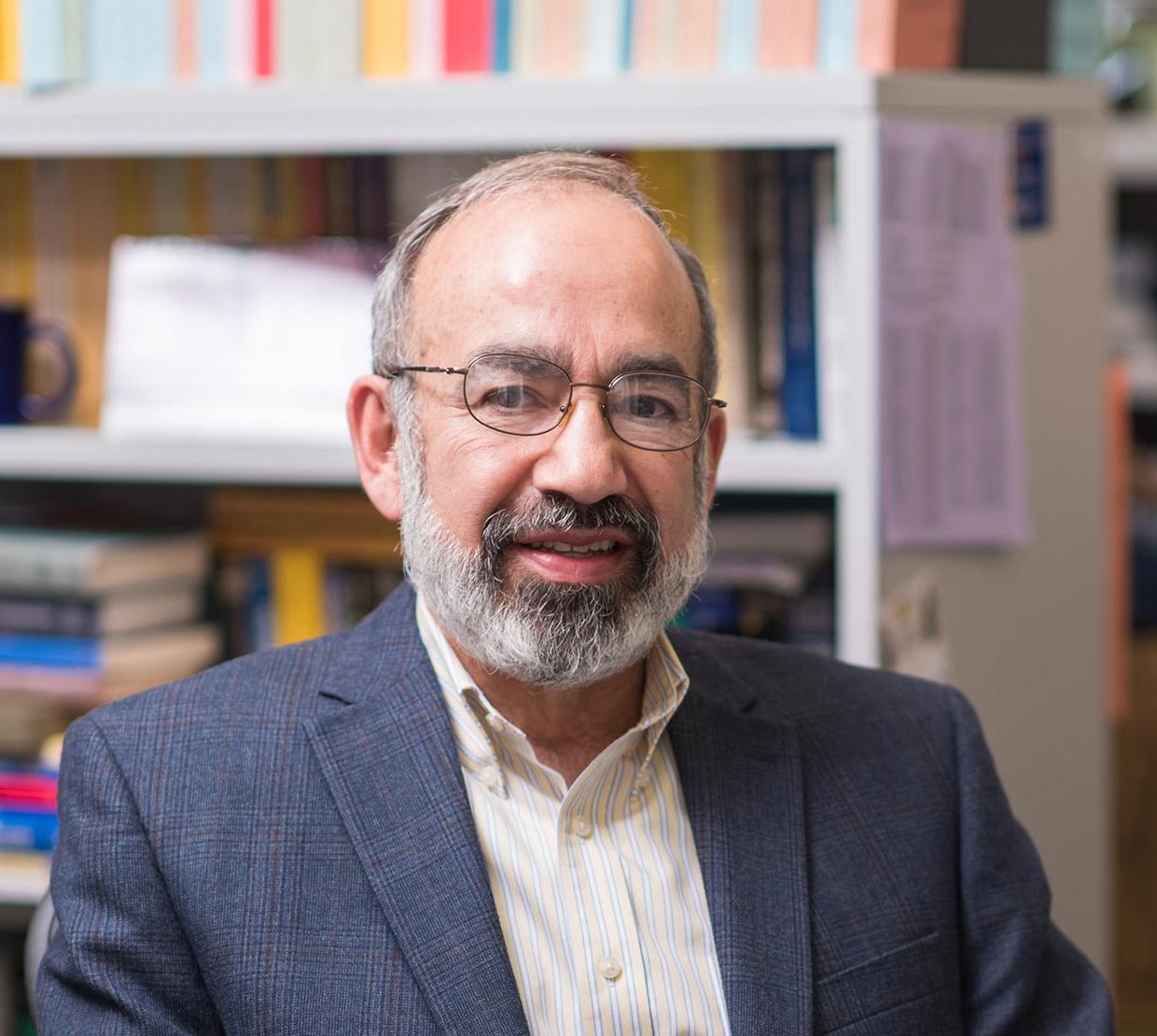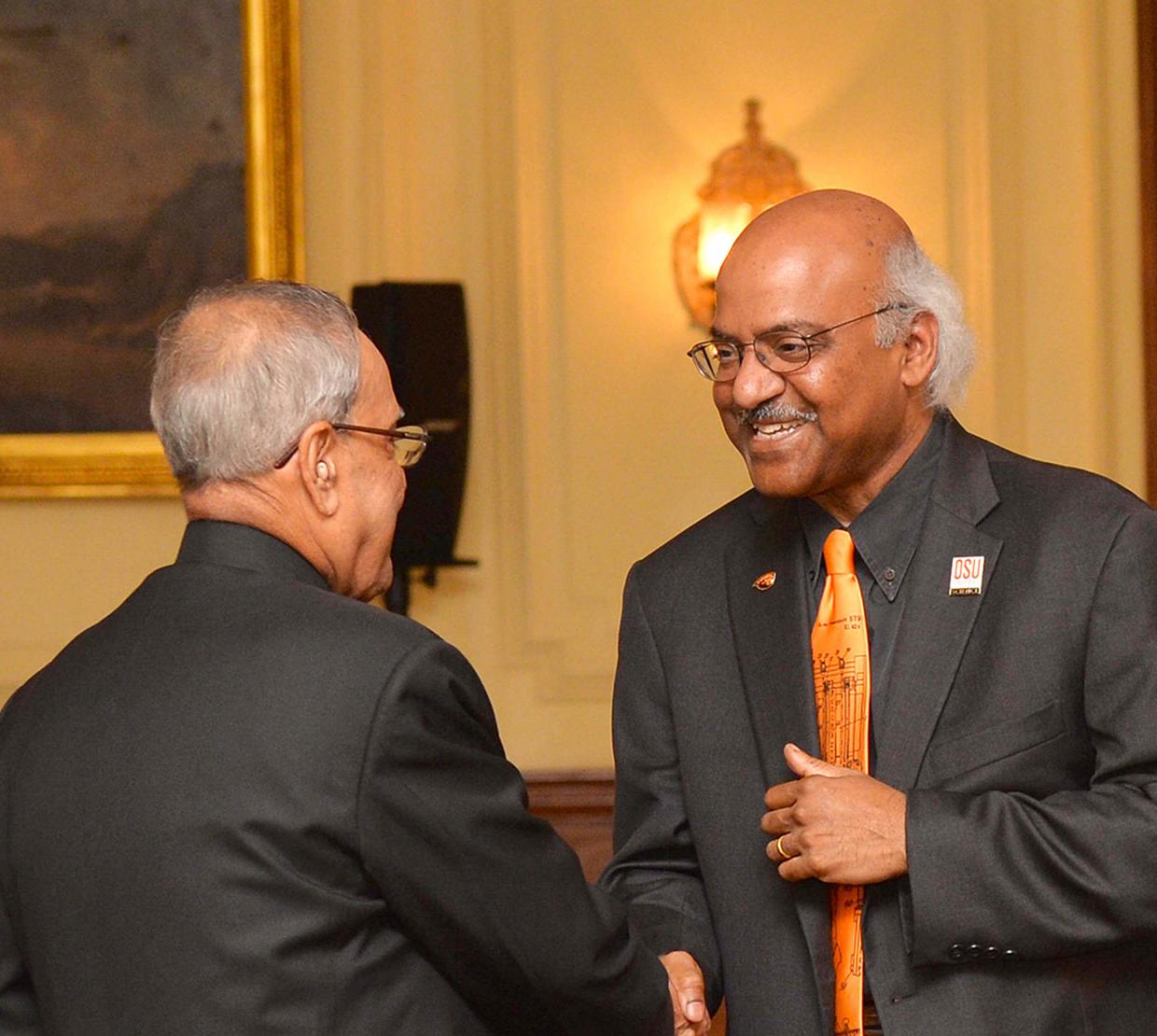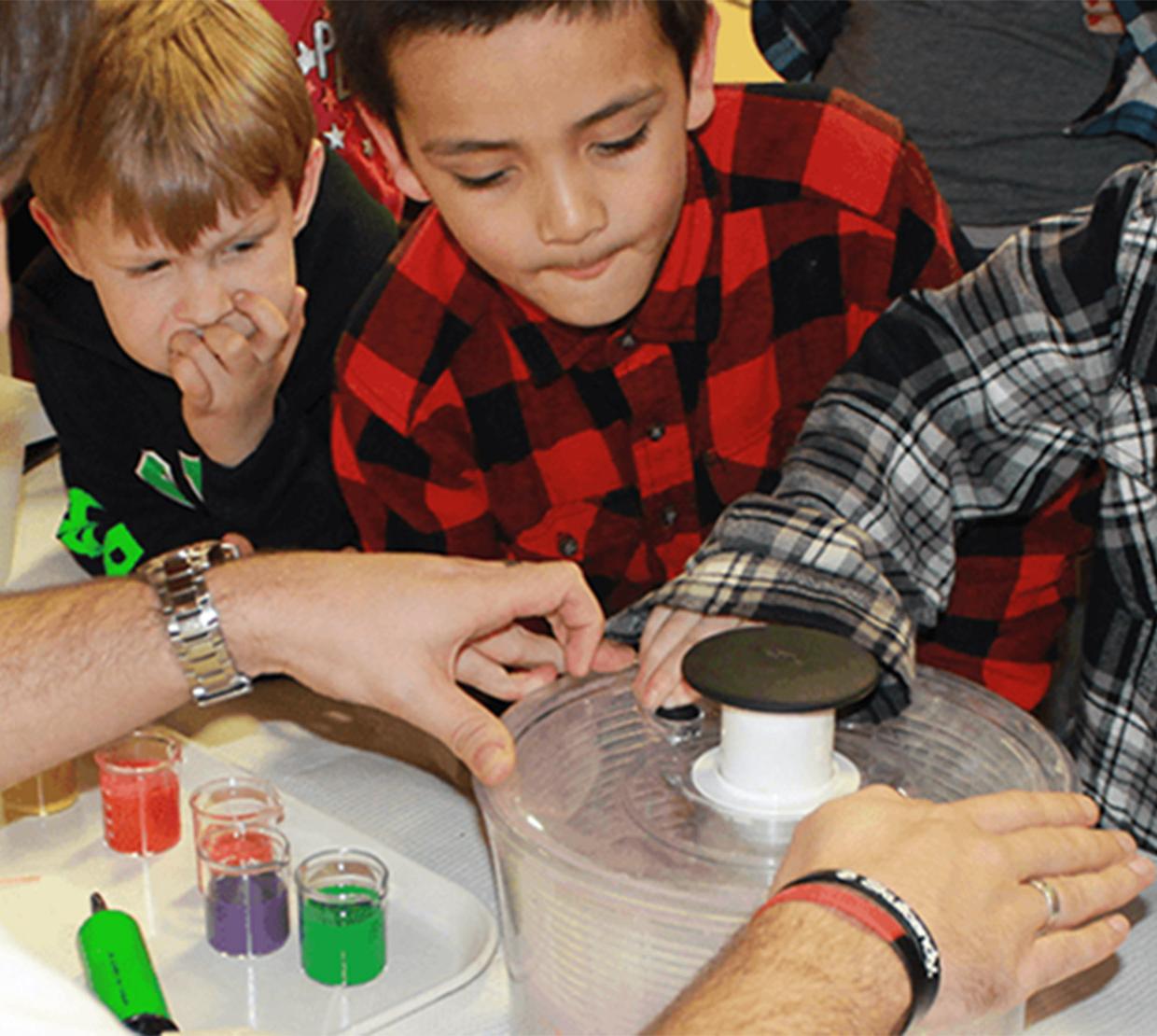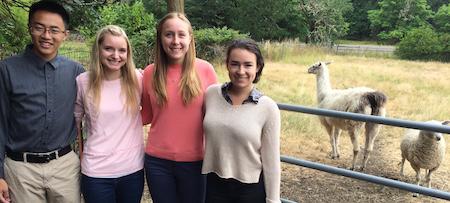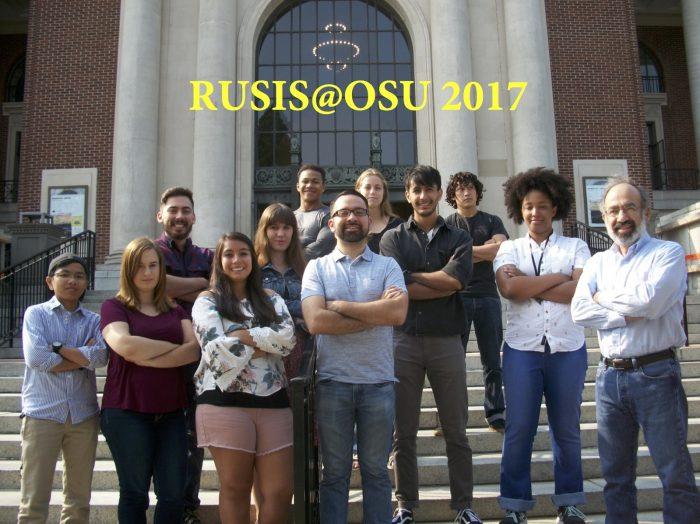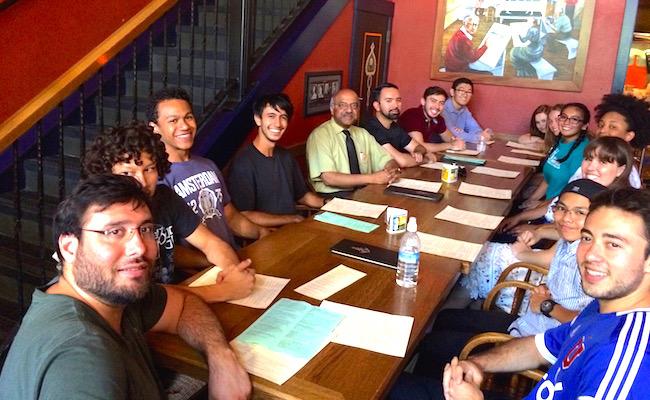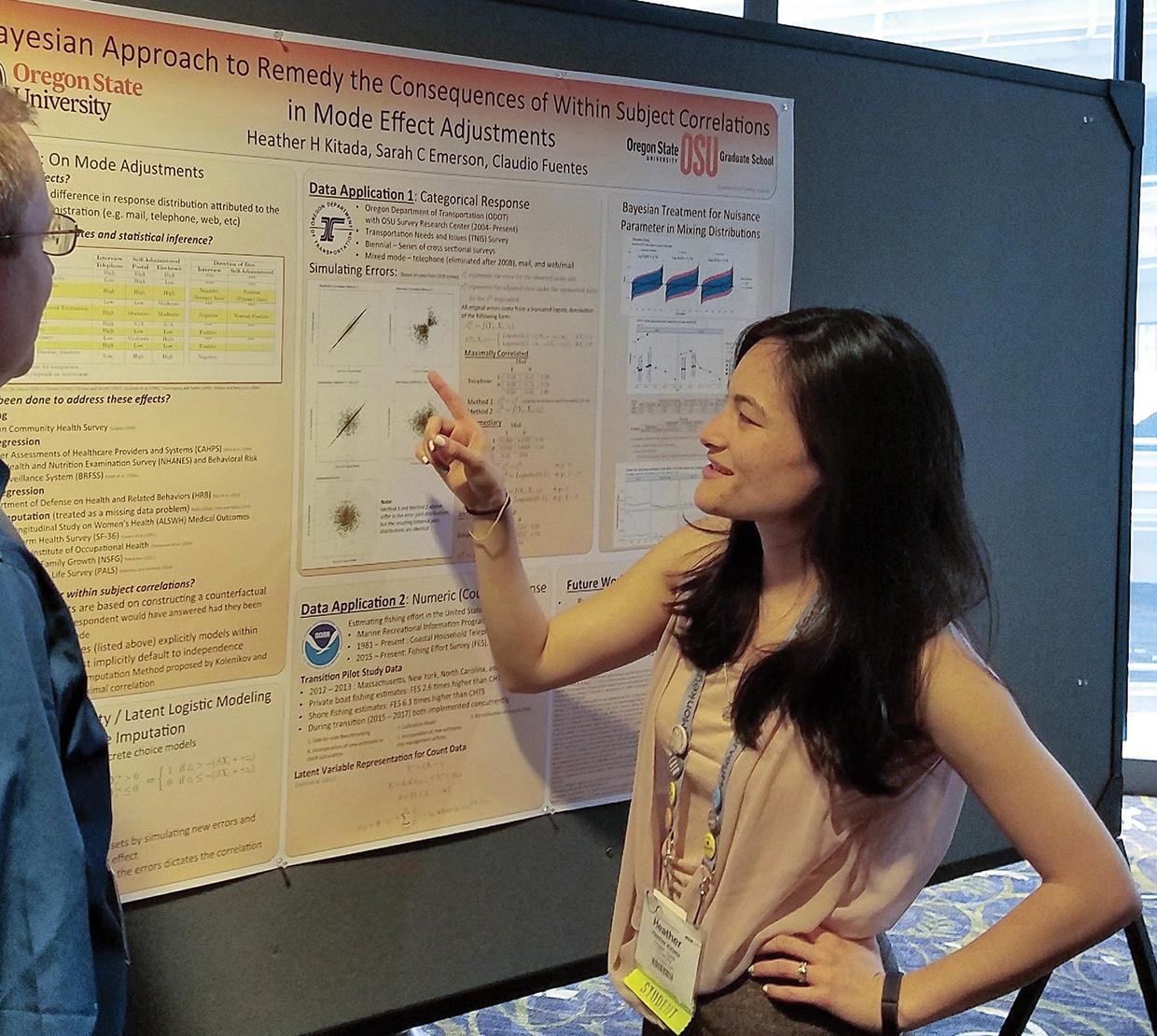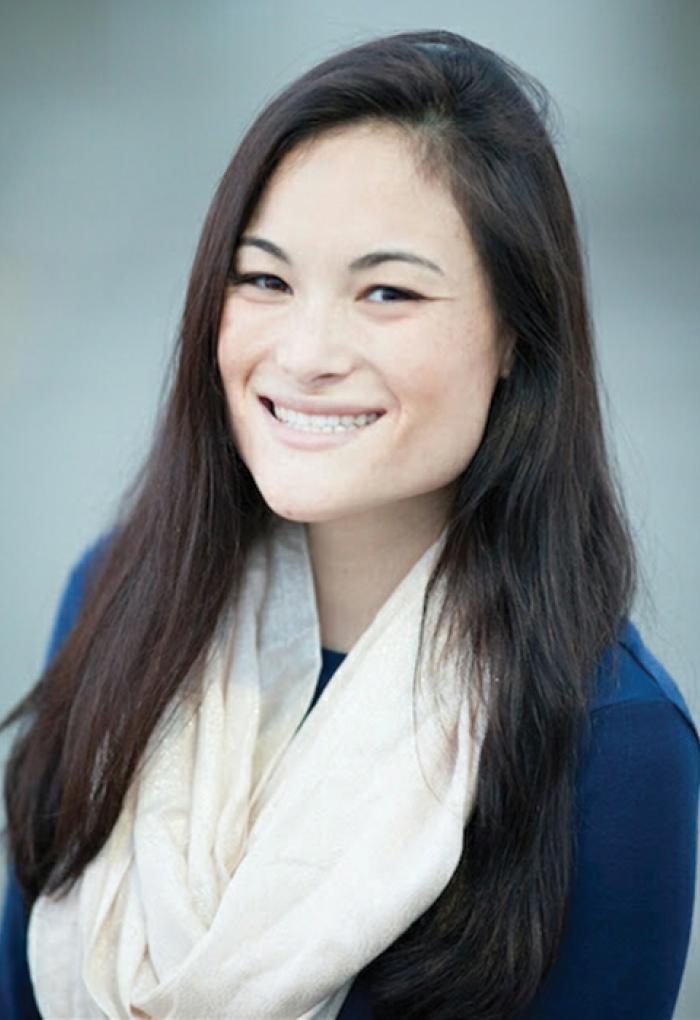Oregon State University was chosen by ASA as one of three REU sites this year and is currently hosting students from across the country from June 19 until August 25. The four REU participants were selected from more than a hundred applicants in a highly competitive process.
The REU students are Shelby Taylor from Brigham Young University, Aaron Huang from the University of Washington, Ellen Kulinsky from the University of California-Berkeley and Elizabeth Hensel from the University of Virginia.
"The students are stellar and they are doing a fantastic job with the research. They were selected for this transdisciplinary REU because of their prior knowledge and preparation in both statistics and biology. We are very lucky to have them here," said Sharpton.
The students are gaining exposure to the entire data analysis process as it relates to biological research. They analyze DNA sequence data and use statistical methods to determine how the types of bacteria that live in the gut, known as the gut microbiome, relate to human health, lifestyle and environmental conditions.
Specifically, the students are analyzing data from a large, crowd-sourced, citizen science project led by American Gut which collects human samples, ranging from saliva to stool, along with questionnaire responses about individual lifestyles and diet. Working closely with an interdisciplinary team of faculty, each student will conduct a complete data analysis, which includes data quality control, applying statistical and bioinformatics techniques, data visualization. Faculty members will train students in all of the techniques and skills that they need to complete the project.
Students will analyze the data to gather information on how the gut microbiome varies across individuals and its association with a variety of health and lifestyle factors. Some of the REU projects explore how body mass index affects the microbiome; the relationship between age and the microbiome; and the associations between the gut microbiome and food and alcohol consumption.
REU students acquire knowledge and expertise in statistics and biology through intensive subject lectures. Hands-on experiential learning projects in bioinformatics and biostatistics give them ample opportunities to apply their theoretical and conceptual learning to design experiments and deduce results from complex data sets. The data-driven REU will prepare students to capitalize on the growing professional opportunities in data analytics.
While Sharpton and Jiang are extensively involved in guiding student research projects, the REU is a deeply collaborative process in which the other faculty are serving in important mentorship roles and providing expertise in theoretical and computational subject areas. Di, for example, has been teaching students computer coding and programming. Students are also learning R, LaTeX and Matlab as a part of their statistical and biological research.
"The REU has provided our faculty an opportunity to work with ambitious and talented undergraduate students. It has also exposed students to cutting-edge microbiome science. Through their research they are seeking answers to novel questions on human health and the microbiome, a new area of study about which much remains to be done," said Sharpton. He hopes to bring a similar opportunity to OSU students in the future.
This REU in the area of microbiome informatics research is a pivotal part of Oregon State Microbiome Initiative (OMBI), and is slated to advance education and research in the statistical, biological and computational sciences at OSU. OMBI launched this spring.
The students' research and learning experiences for the REU project are generously supported by the Department of Statistics, the College of Science and the Center for Genome Research and Biocomputing (CGRB). At CGRB, the students have conducted bioinformatics research and analysis with the aid of its biocomputing cyber infrastructure.
More information is available online.
Photo above: College of Science Dean Sastry Pantula with (l to r) Statistics REU students Ellen Kulinsky, Aaron Huang, Betsy Hensel and Shelby Taylor
The Summer Institute of Statistics targets talented, underrepresented students




